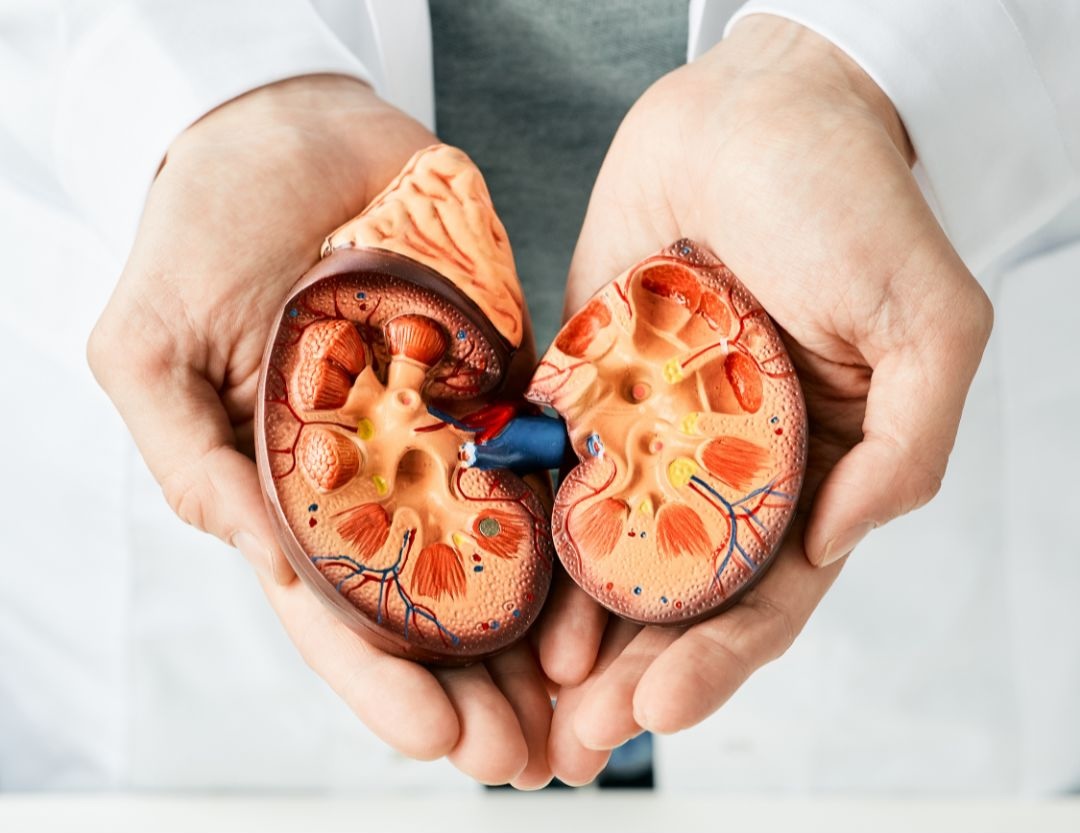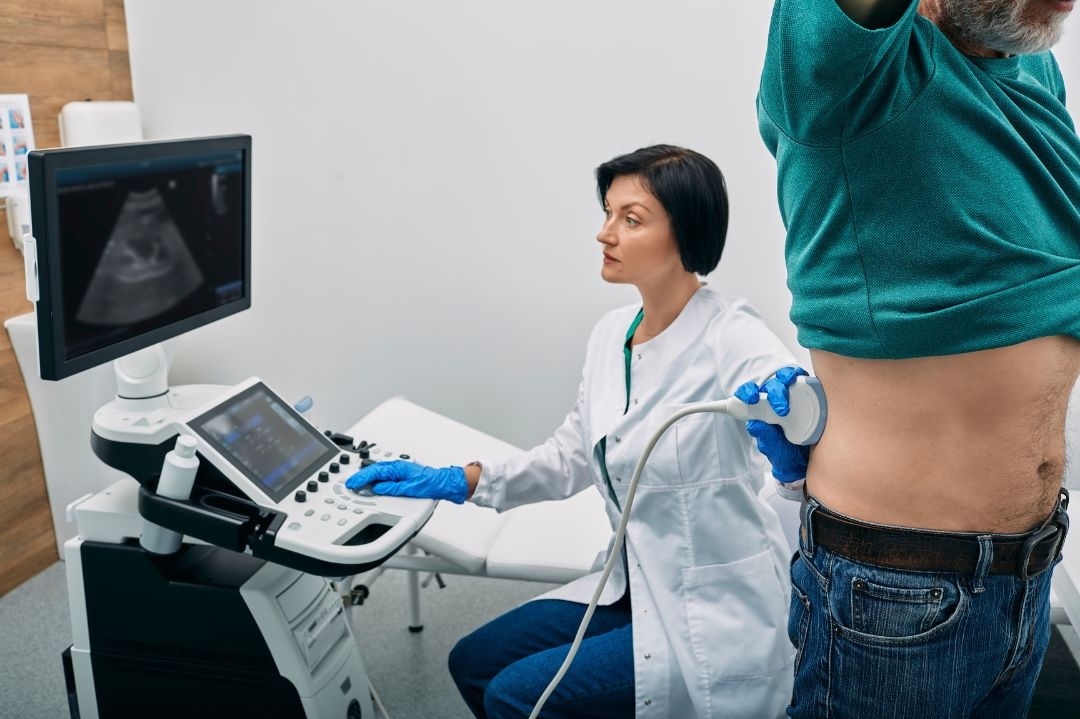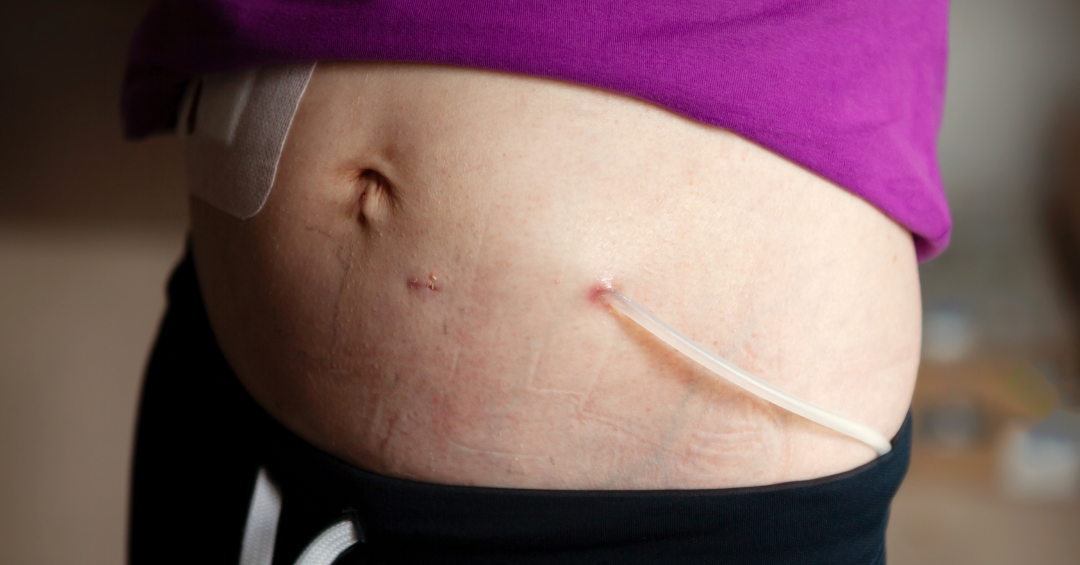We’re championing kidney health. Do you really know about the importance of your kidneys and what you can do to look after them? We spoke to Myra Casero, a Home Haemodialysis Nurse from Queen Elizabeth Hospital Birmingham about her role in renal nursing and how we can all protect those hardworking ‘beans’ that sit just below your ribs in your back.
Did you know?
- 7.2 million people in the UK have Chronic Kidney Disease (CKD) stage 1-5
- 3.5 million people are affected by later stage CKD (stages 3-5)
- 30,000 in later stage CKD are on dialysis
What are the kidneys and what do they do?
The kidneys are two bean shaped organs that sit below the ribs near the back of your body. The main job of your kidneys is to filter waste, toxins and water out of your blood but they also do so much more!
Your kidneys also help to regulate your blood pressure, your temperature, and produce a hormone called erythropoietin that promotes the production of your red blood cells, regulates your electrolytes, minerals and how much calcium and vitamin D is released to your bones in order to protect your bones.

What happens when the kidneys don’t work?
There are two main reasons why the kidneys may not function as well as this is caused by either an Acute Kidney Injury or Chronic Kidney Disease. An Acute Kidney Injury is when the kidney goes into shock either through illness, injury or quite commonly dehydration. The kidneys can recover from an Acute Kidney Injury with appropriate treatment and management of lifestyle. Chronic Kidney Disease is a long term condition and is split into stages 1-5, with 5 being kidney failure. It can be the result of different autoimmune diseases or lifestyle imbalances such as diabetes, polycystic kidney disease and high blood pressure. Chronic Kidney Disease cannot be reversed and in some cases kidney function will continue to decline into stage 5 kidney failure and will require either dialysis or a transplant.
When the kidneys don’t work, toxins and fluid will build up in your blood as the kidneys will struggle to process them into urine which we pass out. In later stage kidney disease you may experience symptoms such as itchy skin, swollen ankles, feeling breathless and bloated, fatigue and cramps.
We spoke with Home Heamodialysis Nurse, Myra Casero from Queen Elizabeth Hospital Birmingham to get an expert-view on kidney health and what to look out for.
What does your day-to-day job involve?
I am a Home Haemodialysis Nurse, and my main job is to train patients and carers to dialyse at home. I visit patients at home for the collection of bloods and a monthly assessment of my group of patients. I support patients at home who are already established Home Haemodialysis patients. I would also dialyse patients in our unit for patients needing a blood transfusion, IV antibiotics, or for needling support and respite sessions for our Home HD patients.
Why are the kidneys so important?
The main function of the kidneys is to produce urine which is a waste product of our body, it also helps maintain blood pressure and electrolyte balance. Another function of the kidney is to produce a hormone which aids in the production of red blood cells to prevent anaemia. These functions make the kidneys important as if they fail the waste product and fluids accumulate in the body which will make you feel unwell.
Do you think everybody should take more interest in their kidney health?
Yes, knowing the importance of the kidneys will help you understand how to look after them.
What can people do to make sure their kidneys stay healthy?
Drink plenty of water a day, seek medical help for any signs of a urine infection to treat this appropriately.
Avoid taking medications without medical supervision, especially anti-inflammatory medications (NSAIDS such as ibuprofen) which could damage the kidneys.
Make sure you have a regular check up if you are diabetic or have high blood pressure.

What are the most common causes of renal failure in your experience?
High blood pressure and diabetes are the most common cause of renal failure as these conditions damage the cells in the kidneys in the long run.
Are there any warning signs to look out for?
High blood pressure and unusual swelling of both feet are usually the early signs of renal failure. Presence of protein in the urine is also a sign of kidney disease.
Can kidney disease be prevented?
Some causes of kidney disease can be prevented like diabetes and high blood pressure. Keeping blood sugar and blood pressure controlled protects the kidneys.
However, some acute kidney diseases are not predicted like renal cancer, autoimmune disease (i.e. vasculitis) and genetic causes like Polycystic Kidney Disease.
What are the treatment options of renal failure?
We have two renal replacement therapies for renal failure.
Peritoneal dialysis (PD), a tube is inserted into the abdomen and a fluid exchange could be done either 4x a day or overnight with the use of a machine.
Haemodialysis (HD) is where a patient must be connected on the dialysis machine 3 times per week for 4 hours.
PD is home based therapy, whereas HD could either be in a dialysis centre or home based (HHD) as well. Home HD is where the patient is trained to connect themselves on the HD machine independently or with the help of a carer/relative, they have the option of dialysing more often in the comfort of their home.

From a nurse’s perspective, what is life like for a dialysis patient?
Dialysis for patients does not only mean being connected on the machine, but it also involves patient’s compliance with fluid and food restrictions. This could be very difficult at times for patients, compliance with taking medications is also a vital part of a dialysis patient’s life.There could also be an element of depression due to the life changing treatment they have to go through.
What is the one thing you would recommend everyone does to take care of their kidneys?
Keep a healthy lifestyle, exercise to help keep your blood pressure stable, drink plenty of fluids , have a balanced diet and avoid using anti-inflammatory medications without medical advice.
We send our thanks to Myra, for being so kind and sharing her expertise with us – and for all of her work keeping patients supported with their home haemodialysis treatment.
Further Information
For more facts and information of Kidney Disease and the impact it can have, you can read the Bladder and Bowel news article or read Dee’s Patient story, who tells of how she lives with Chronic Kidney Disease.









